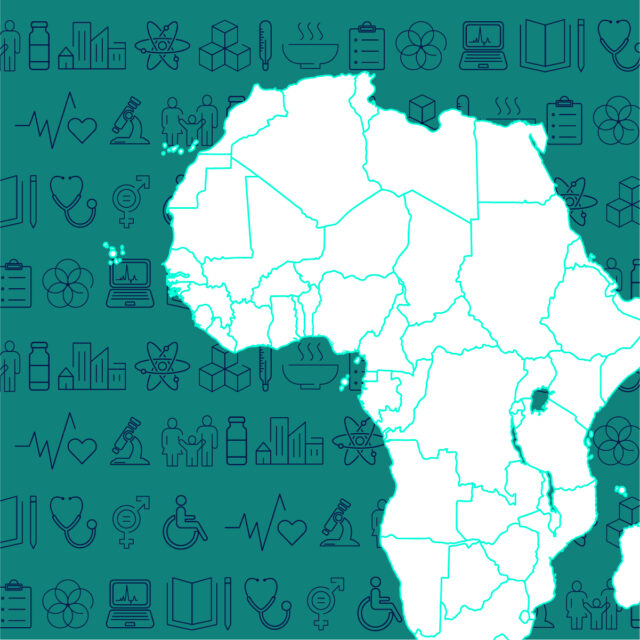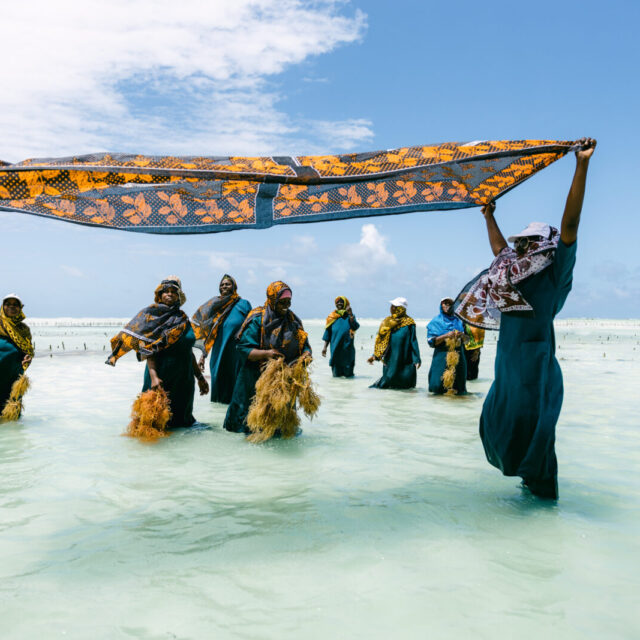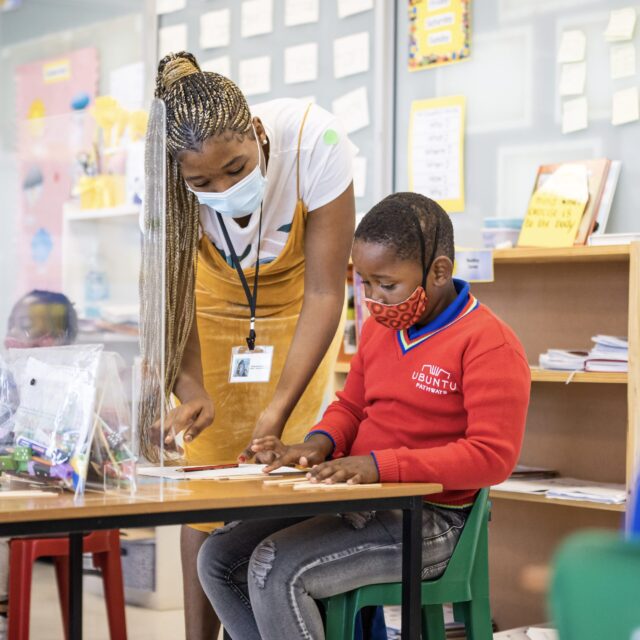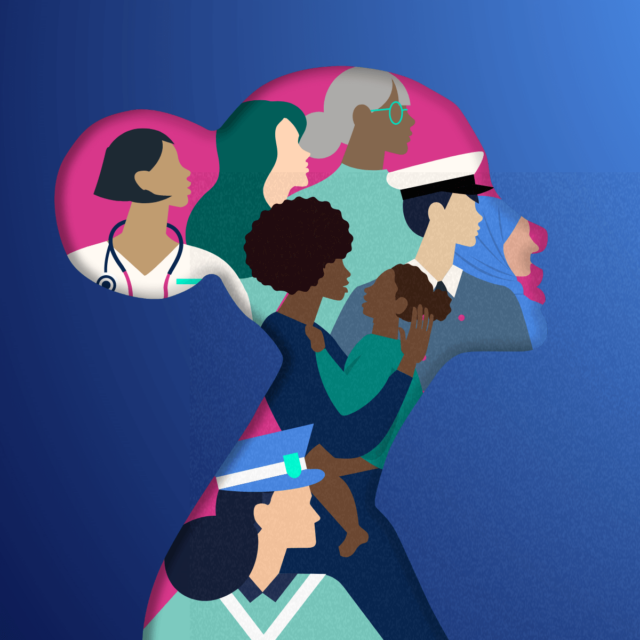Top news
Begins at home: 72% of African women reported worrying about not having enough food to eat in the past 30 days, according to a major new survey from Facebook’s Data for Good program. 53% of women (35% of men) felt that their current financial situation does not fully cover their own expenses.
Gender vulnerabilities: 80% of the countries where women are most vulnerable to COVID-19 are in Africa. So says new research from DATA2x and Open Data Watch. Women are most vulnerable to the economic shocks of COVID-19 in Angola, the DRC, and Zimbabwe, while women’s overall well-being is poorest in Niger, Somalia, and South Sudan.
Over represented: Women are under-represented in decision-making, but over-represented among the people holding our society together; they form 70% of workers in the health and social sectors. No government or international institution has integrated a gender-related clause in stimulus packages. Even the UN, in its $2 billion plan, has not planned any kind of gendered response. As I lay out in my book, this has to change.
Progress in Paris: We’ll be pushing for action on these issues at the Generation Equality Forum. Listen out for new announcements on International Women’s Day (Monday 8 March).
2.1 billion girls: …live in countries that — even before the pandemic — weren’t on track to meet any of the gender equality targets, according to Equal Measures 2030. COVID-19 is setting progress back further with disruptions to access to contraception and increases in domestic violence. Last year UNFPA predicted an additional 15 million cases of gender-based violence every three months that the lockdown continues. The latest UN Women survey shows 80% of countries reporting increases in calls to gender helplines.
Care economy: 50% of African women are spending more time caring for family members during COVID-19. Women do 2.7 hours more unpaid care work each day than men, according to the IMF. Policies to address unpaid care could contribute 4% to GDP.
Foot on the gas: Following Janet Yellen’s letter last week, the G20 Finance Ministers indicated broad support for an allocation of Special Drawing Rights. The IMF is now tasked with developing a proposal on the allocation ($650 billion please!) and on ensuring that the assets created are made available to poorer countries in a transparent and accountable way. Great news, but with hunger increasing on the continent and increasing risk of defaults, this has to move fast. Check out the FT Editorial Board’s take on the issue. We didn’t write it, but we could have.
Bravo: I’m proud to say France has committed to reach 0.7% of GNI in aid by 2025. That’s leadership. One can’t help but think President Emmanuel Macron is trolling his G7 host colleague Prime Minister Boris Johnson, who is leading the only major economy cutting aid during a pandemic. This week the UK cut aid to Yemen — which is experiencing the world’s worst humanitarian crisis — by half.
COVAX: This week the first COVAX jabs were administered in Ghana and Côte d’Ivoire. Meanwhile, the initiative is gearing up to deliver 237 million doses to 142 nations by the end of May. On Tuesday, it published its first round of allocations. Top African recipients are Nigeria (13.6 million), Ethiopia (7.6 million) DRC (5.9 million), Egypt (4.3 million) Kenya (3.5 million), Uganda (3 million), Sudan (2.9 million), and South Africa (2.5 million).
Consult the Atlas: Our friends at Atlas.ai have produced an amazingly detailed analysis of COVID vulnerabilities on the continent to help with the vaccine rollout. Explore the interactive.
Refuge: Uganda has the largest refugee population in Africa. The pandemic has been tough for the 1.4 million refugees and asylum seekers, most of whom fled conflict in South Sudan and the DRC. Since last month refugees will only receive 60% of a full food ration due to a funding crunch: The World Food Program needs $95.8 million over the next six months. Check out Angela Loum’s analysis of the latest situation in The Gambia and Ethiopia.
The numbers
- 3.9 million: Total COVID-19 cases in Africa (weekly cases have declined rapidly from their peak in early January). Gabon and South Sudan are witnessing a sharp increase in cases.
- 17%: women in sub-Saharan Africa reported being unable to seek medical care as a result of the COVID-19.
- 70%: Proportion of women in the health and social sector.
More reads
- ONE’s Vaccine Access Test evaluates how governments, multilateral organisations, and companies are prioritising vaccine equity. The new edition is just out. Find out why Germany, South Africa, and Argentina are at the front of the queue and Japan is at the back.
- African countries have received less than 2% of vaccines they have ordered.
- The forgotten women: Impact of Covid-19 on obstetric fistula patients.
- Dig Deeper: A major new World Bank report shows (some) progress on the equal treatment of women and men under the law. Ethiopia increased paid maternity leave from 90 to 120 days and introduced three days of paid paternity leave, while Rwanda gave women the same rights to remarry as men.



